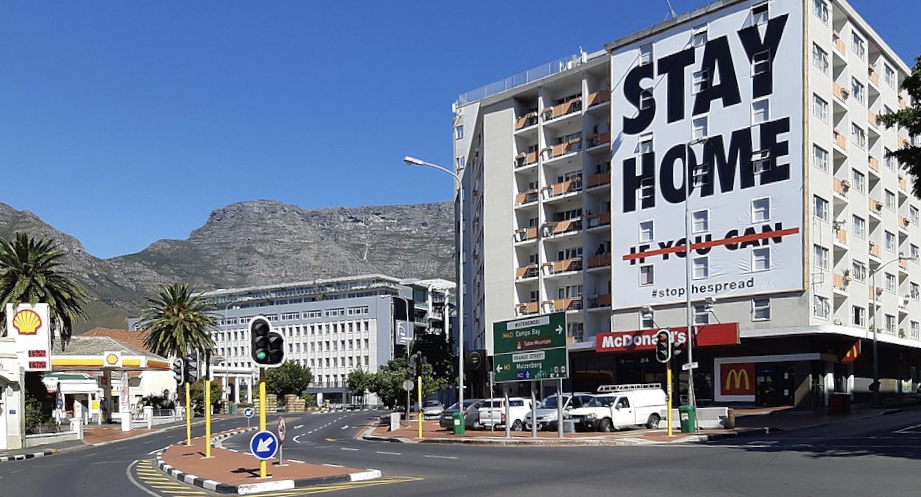
by NGFP Fellow Alanna Markle
In Zeno’s Achilles Paradox, Achilles races to reach a slower runner ahead, but never can. By the time he arrives, the runner has already moved to a new point. This continues in perpetuity because Achilles starts his runs by aiming for his opponent’s current destination, making no provisions for course correction. The paradox offers lessons for both COVID-19 and policy making generally:
- we can never reach the projected futures we aim for because — like a spreading virus — they are always in motion; and
- if we accept this limitation, we can increase the chances of arriving at a preferred outcome by also considering the infinite possibilities that lie outside of our projected futures.
Early action
COVID-19 reached the African continent last, giving leaders a chance to project their future in the fates of other nations. In response, like Achilles, most hurried to catch up to their peers in lockdown to prevent the darkest outcomes of the pandemic from becoming their reality.
There is much to learn about the virus in Africa. All the same, this early action is a likely reason that many countries still find themselves with lower infection rates than northern neighbours, who were slower to respond.
Major challenges lie ahead. Lack of capacity in Africa’s healthcare systems remains concerning. And how far will test-track-trace be achievable in middle- and low-income countries?
Reasons to hope
But there are reasons to hope too. Connection, communication and collaboration could be Africa’s greatest assets. The widespread uptake of mobile telephony gives the continent the ability to share large volumes of information in real time. The Africa Centres for Disease Control and Prevention have been providing coordination and resourcing for a continent-wide response.
The limited flow of external resources so far, to help Africa with the COVID-19 crisis, could be an ominous signal. But the impulse to first look inward for solutions is an encouraging sign for a more self-sustaining long-term future.
Finally, forecasting is indispensable to managing this crisis. However, the best decisions will also be informed by foresight, which is well suited to engage the uncertainties we all face. As Achilles’ story suggests, we will never reach the futures we model, and foresight offers the tools to see those that lie all around them.
You can read the full article on SOIF’s Medium account.
